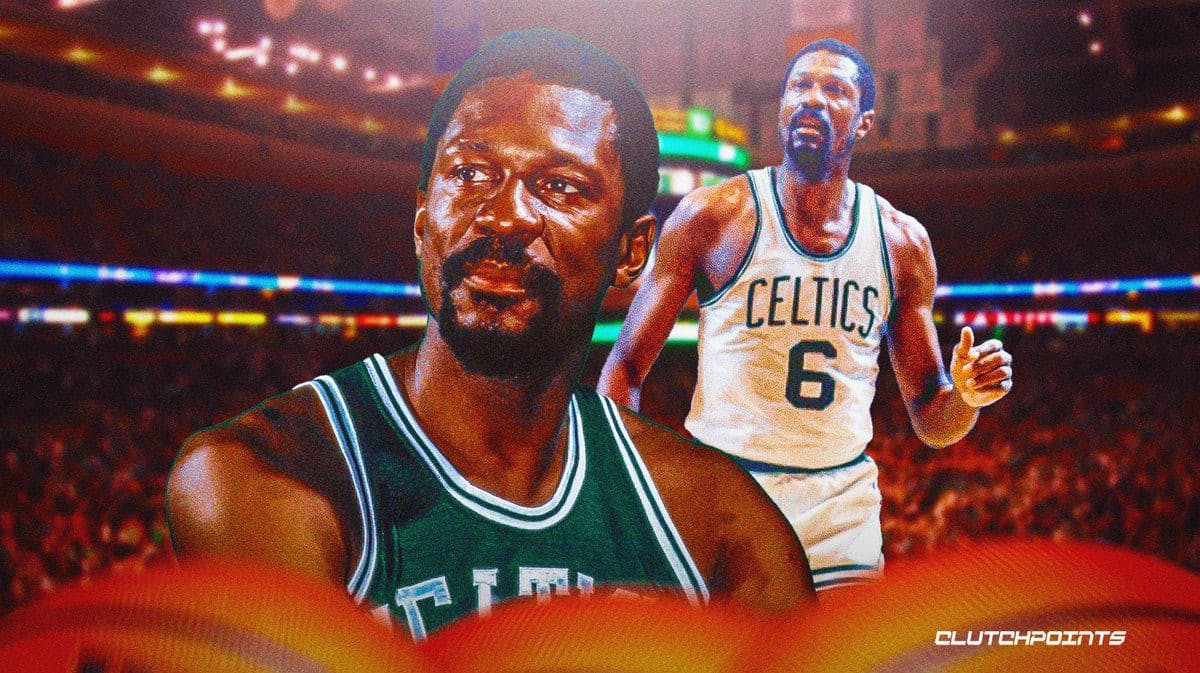It's not hyperbole to say that Bill Russell changed sports. The 11-time NBA champion passed away on this day last year. In the world's moment of collective mourning for Mr. Russell, we celebrated his achievement in professional sports as well as his advocacy for social issues in the wake of the Civil Rights struggle. However, Mr. Russell's impact on HBCU athletics wasn't acknowledged in the adulation given in celebration of his impact.
Bill Russell's tenure as a player and coach set the template for today's HBCU athlete. Mr. Russell wasn't afforded the opportunity to just be an athlete. The circumstances of the world around him forced him to be more. He famously said, “I'd rather die for something than live for nothing.” Bill Russell was more than a great athlete. He was a civil servant, a responsibility that means more than how many championships you've won or personal accolades.
HBCU athletes hold the same responsibility. HBCU student-athletes are just as much servant leaders as they are competitors. These sportsmen and sportswomen serve as representations of their institutions on and off their respective sports arenas. Oftentimes, they're called to use their platforms to speak truth to power about incidents that occur on their campus or in their community. Enrolling at an HBCU as a student-athlete in itself is a sign of protest.
It's a protest of the notion that black colleges are under-resourced and can't take their students to the next level. It's an endorsement of the sense of community that HBCUs build and the culturally enriching experience that will be remembered for a lifetime. That prototype of being more than an athlete, in itself was spurred by the contributions of Bill Russell. Travis Hunter's commitment to Jackson State speaks to this fact.
“Coach Prime (Deion Sanders) changed my mind,” Hunter said during CBS 60 Minutes' profile of then Jackson State coach Deion Sanders, via Yahoo Sports. “He let me know how big of an impact I can have on the people, and that is one of the things I wanted – to shine the light on our people (African Americans) and shine the light on HBCUs.”
Bill Russell's impact is not limited to the scope of HBCU athletes and the calling to a higher purpose. Before FAMU's Willie Simmons and Jackson State's T.C. Taylor, before South Carolina State's Buddy Bough and North Carolina Central's Trei Oliver, there were two men: Eddie G. Robinson and Bill Russell. The name of the former Grambling State University G-Men coach who led the program for 56 years is synonymous with HBCU football. But, Bill Russell helped in establishing the now successful model of “professional player-turned-coach” often seen today.
Mr. Russell, following the Celtics' NBA championship-winning 1966 season, was asked by legendary coach Red Auerbach to serve as a player-coach. Initially, Russell turned down the offer.
“I told him I didn’t want the job,” Mr. Russell said.
However, he took on the task and became the first black NBA head coach in history. His tenure as a player coach challenged the notion that black athletes lacked the intellect to lead a team. This was a battle that black professionals had to fight against on several fronts. This was a struggle that Mr. Russell knew all too well and addressed in his introductory press conference when he was hired to coach the Celtics on April 16, 1966.
“I wasn't offered the job because I am a Negro, I was offered it because Red figured I could do it.”
He proceeded to then become the first black head coach to win an NBA Championship. His success as the player-coach for the Celtics predates the hiring of former South Carolina State head coach Willie Jefferies as the Division I-A (now FBS) coach in College Football history. Jefferies was hired as the head coach of Wichita State in 1979. It isn't farfetched to say that a coach such as former Jackson State head coach Deion Sanders is an embodiment of the model that Mr. Russell created.
Bill Russell had an outsized impact on the sports landscape. His contributions to the game will be remembered and chronicled in history forever. That massive impact even is felt within HBCU sports. His work was intentional. He wanted to make a change in the world.
“I hope I epitomize the American dream,” Russell said in a quote, via kiro7.com. “For I came against long odds, from the ghetto to the very top of my profession. I was not immediately good at basketball. It did not come easy. It came as the result of a lot of hard work and self-sacrifice. The rewards, were they worth it? One thousand times over.”
You did epitomize the American dream, Mr. Russell. And, for that, athletes and coaches across sports are forever grateful.
